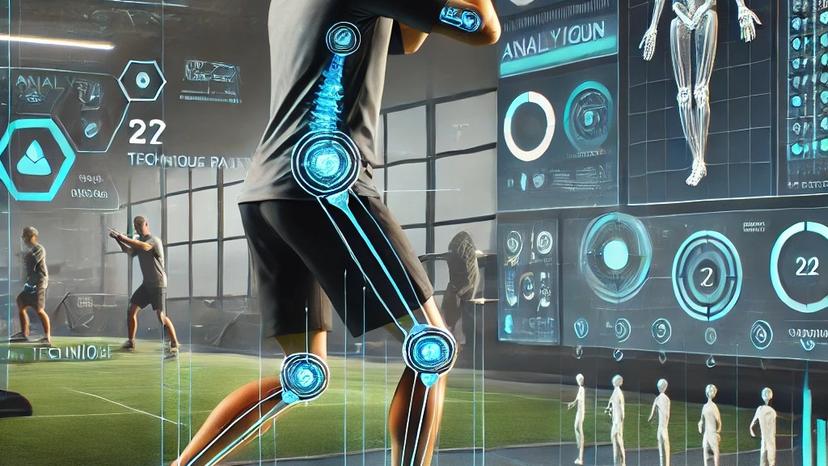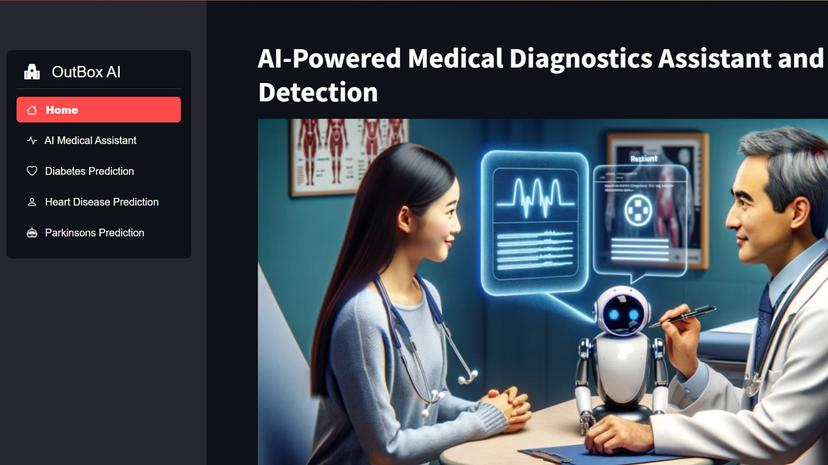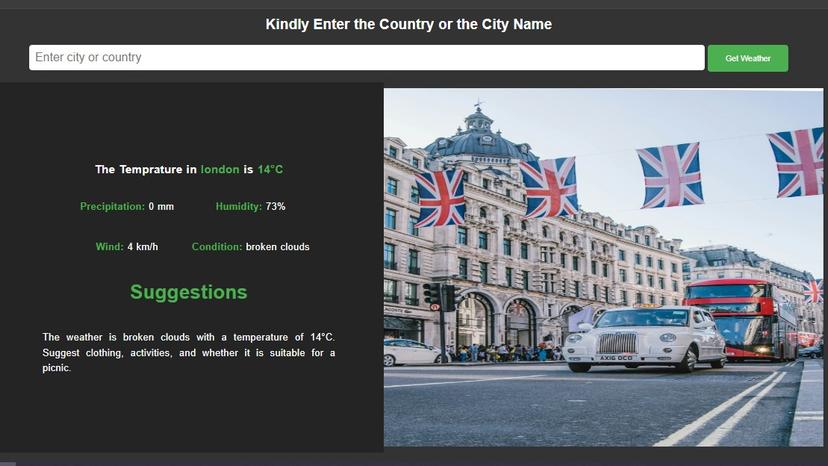Ahmed Furkhan@ahmed_furkhan702
is under improvement
7
Events attended
3
Submissions made
India
1 year of experience
About me
I reside in Bangalore, India, where my passion for software engineering and data science began after completing my +2 education. Throughout my Bachelor's degree in Computer Science and Engineering at a reputed college, this passion deepened, leading me to explore artificial intelligence, machine learning, and large language models (LLMs). I have gained practical experience through various internships, including roles as a Full Stack Developer Intern at Datalog Research Lab, a Data Science Intern at Pantech.AI, and an Artificial Intelligence Intern at Varcons Inc. Currently, I am a Machine Learning Intern at Feynn Labs, where I lead a team of four members. Outside of my academic and professional endeavors, I enjoy solving Rubik's Cubes, appreciating music, and watching movies/anime.
is under improvement
🤝 Top Collaborators
🤓 Latest Submissions

AI Sports Trainer
An AI sports trainer integrates advanced AI technologies, including large language models (LLMs), retrieval-augmented generation (RAG), convolutional neural networks (CNNs), and rule-based models, to deliver comprehensive analysis of athletic techniques. By tracking specific motion details—such as hand movement, hip rotation, leg positioning, and overall body alignment—it identifies technical inconsistencies and areas for improvement. CNNs enable in-depth visual analysis, while LLMs and RAG retrieve tailored guidance from vast training data, creating a system that offers highly personalized, sport-specific feedback. This AI-driven trainer enhances skill development and helps athletes reach peak performance with precision and efficiency.
11 Nov 2024

AI-Powered Medical Diagnostics Assistant
The AI-Powered Medical Diagnostics Assistant is designed to bridge the healthcare gap in remote and underdeveloped regions by offering real-time, AI-driven diagnostic insights without relying on cloud infrastructure. This mobile application uses advanced AI/ML models to analyze multimodal data—such as X-rays, CT scans, and patient-reported symptoms via text or speech—to detect multiple diseases including diabetes, heart disease, and Parkinson’s. By operating on low-latency edge devices, the app ensures that healthcare providers in areas with poor internet connectivity can still access reliable diagnostic tools. The system also recommends follow-up tests and referrals, improving the quality and timeliness of medical care in underserved communities.
20 Oct 2024

Weather Ai
The weather AI app is a multifaceted platform designed to offer more than just standard weather updates. It integrates real-time weather data for any location, fetching details like temperature, humidity, wind speed, and weather descriptions using the OpenWeatherMap API. Additionally, the app retrieves an image of the location from the Unsplash API, providing a visual representation of the place for a richer user experience. One of the unique aspects of the app is its ability to generate personalized suggestions based on the current weather. For instance, depending on the temperature and weather conditions (rain, snow, clear skies), the app suggests suitable clothing, activities, and even whether it's a good day for a picnic. These recommendations are generated using Hugging Face’s GPT-2 model, adding a layer of AI-driven decision-making to enhance user interaction. To further elevate the experience, the app converts these recommendations into audio using Hugging Face's FastSpeech2 model. This feature allows users to listen to the recommendations instead of reading them, making the app accessible and interactive for various users. Overall, the app combines real-time weather data, city imagery, smart suggestions, and voice-enabled features to deliver an engaging and informative weather solution.
16 Sep 2024







